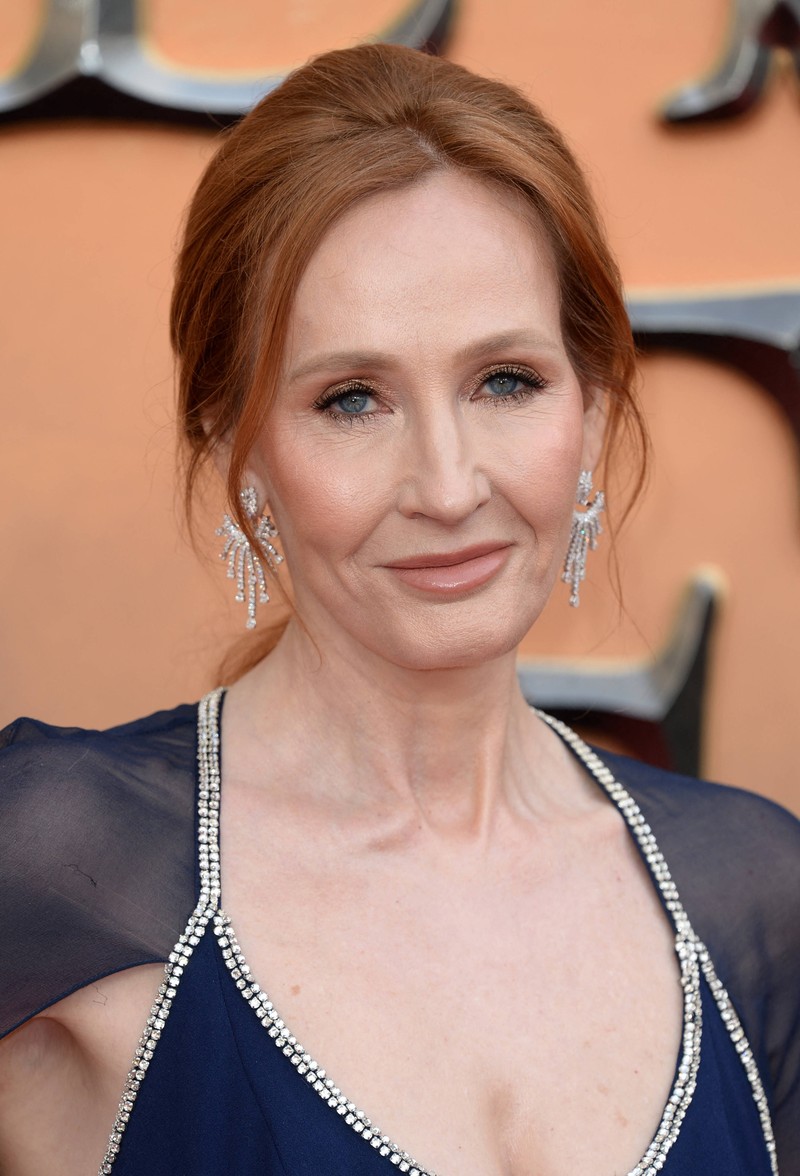
Introduction
JK Rowling, the British author best known for creating the beloved Harry Potter series, has had a profound impact on literature and popular culture worldwide. Her journey from living on social assistance to becoming one of the wealthiest authors in history is nothing short of inspiring. However, in recent years, she has also faced significant controversy that continues to stir public debate, highlighting the complexities of celebrity and societal expectations.
The Rise of a Literary Icon
Born on July 31, 1965, in Yate, Gloucestershire, JK Rowling’s passion for storytelling was evident from a young age. After several rejections, she published her first book, “Harry Potter and the Philosopher’s Stone,” in 1997. The subsequent books turned into a phenomenal success, culminating in a series of seven novels translated into over 80 languages, selling more than 500 million copies globally. The Harry Potter franchise extended into films, stage plays, merchandise, and theme parks, making Rowling a household name.
Controversies and Public Reaction
Despite her success, Rowling has not been without controversy. Her comments regarding gender identity and the transgender community have sparked widespread criticism and heated debates. In 2020, she faced backlash following a series of tweets deemed transphobic. This led to an outpouring of support for both her and her critics, further polarizing fans and the public alike. Many prominent supporters distanced themselves from her, while others defended her right to express her views, raising questions about free speech versus harmful rhetoric.
Social Impact and Philanthropy
Aside from her literary achievements, Rowling is also celebrated for her philanthropic work. She established the Volant Charitable Trust and the Anne Rowling Regenerative Neurology Clinic, supporting medical research and alleviating poverty. Her charitable contributions have amounted to millions, demonstrating her commitment to social causes beyond her books.
Conclusion
JK Rowling’s journey is a testament to the power of storytelling but also a reminder of the responsibilities that accompany fame. While her literary contributions remain unparalleled, the controversies surrounding her remarks on gender identity have sparked vital discussions about inclusivity, freedom of expression, and the evolving landscape of societal norms. As she continues to write and engage with her audience, both her legacy and her voice will likely remain subjects of discussion and reflection, shaping the future of literature and public dialogue.




